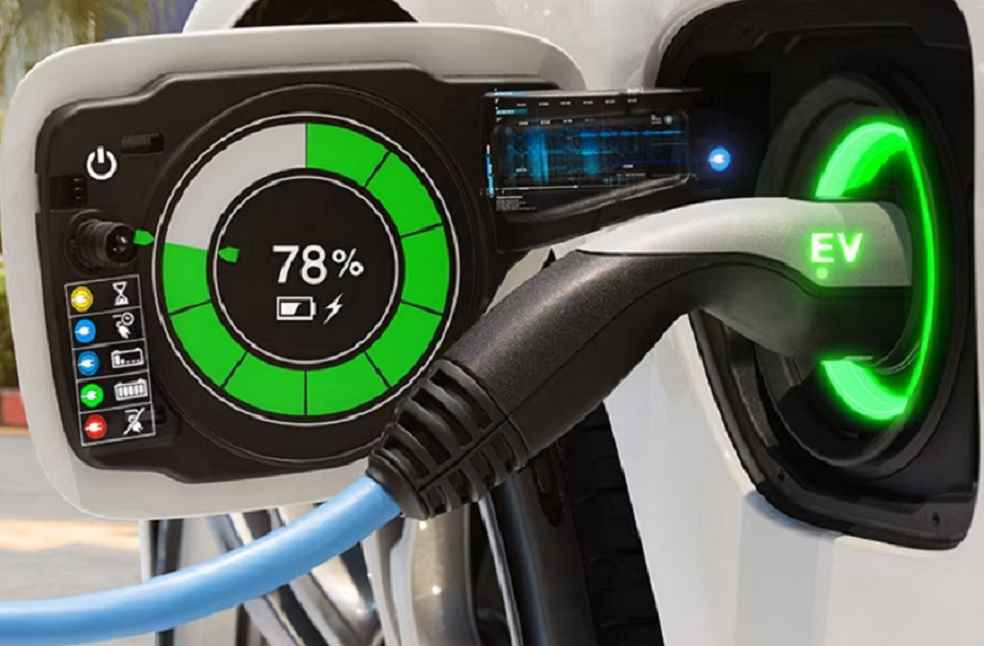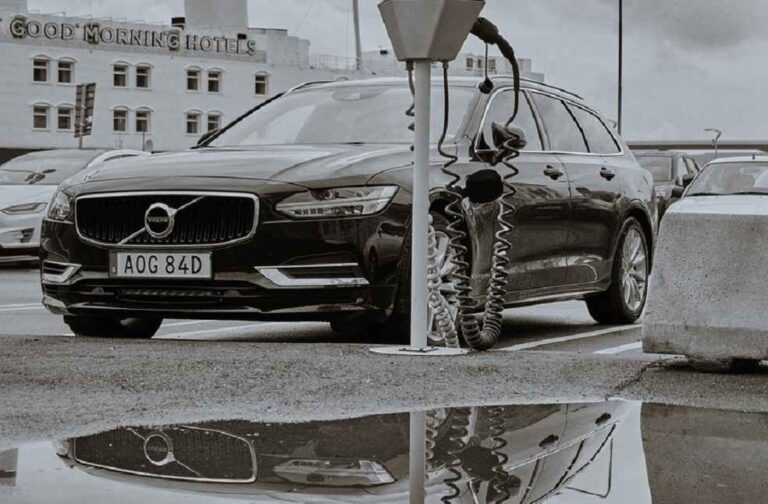Bipartisan cooperation emerged as the U.S. Senate Budget Committee gathered on Wednesday to chart a course for strengthening the U.S. electric vehicle market. Led by Democratic Senator Sheldon Whitehouse and Republican Senator Lindsey Graham, the session highlighted the pressing need to elevate the nation’s standing in the global EV sector.
Democratic Chairman Whitehouse underscored the explosive growth of the global EV market, noting that electric vehicles accounted for 20% of global sales in 2023. “We want to be a part of that action,” Whitehouse asserted, stressing the strategic importance of securing a competitive position.
Senator Graham, representing South Carolina, emphasized the automotive industry’s vital role in his state, a leader in vehicle assembly and tire exports. Advocating robust policies to maintain competitiveness, Graham stated, that the future of vehicle manufacturing lies in electric vehicles.

Despite resistance from some Republicans and former President Donald Trump, who argue that President Biden’s 2030 target of 50% electric vehicle sales could negatively impact automaker states, Graham remains a strong proponent of EV advancement. “So the bottom line is: This is coming, whether we like it or not,” he declared, highlighting the inevitability and potential benefits of this transition.
Addressing Grid Strain and Global Competition
Concerns about the electric grid’s ability to support an expanding fleet of EVs featured prominently in discussions. Graham questioned the capacity to generate sufficient power, predicting a significant increase in grid demand if EV adoption surged.
Jesse Jenkins, a Princeton University engineering and energy systems professor, projected that by 2035, EVs would consume 17% of the current U.S. electricity supply, comparable to the total output of the nation’s nuclear power plants or all non-hydro renewables combined.
Britta Gross, Director of Transportation at the Electric Power Research Institute, suggested that nighttime charging during low-demand periods could alleviate grid strain. Charging vehicles at night when demand is low can help minimize new grid investments and ensure an affordable transition.

China’s dominance in the EV market also drew significant attention. Senator Debbie Stabenow of Michigan expressed concerns about the competitive edge provided by substantial Chinese government subsidies and tax breaks. “There is not a level playing field,” Stabenow warned. “Specifically, China is coming for us.”
David Schwietert, Chief Government Affairs and Policy Officer for the Alliance For Automotive Innovation, called for long-term policies to build resilience in the U.S. EV industry. “We need to ensure that policies are in place to ensure the U.S. is protected, not just tomorrow but well beyond,” he stated.
Not all Republicans shared Graham’s enthusiasm. Senator Ron Johnson of Wisconsin, while owning a plug-in hybrid, opposed government subsidies for EVs. “Let the marketplace dictate the speed of this innovation. Stop subsidizing this,” he urged.
Senator John Kennedy of Louisiana echoed this sentiment, questioning the need for subsidies if EVs were so advantageous. “If they’re so swell, why pay people to buy them?” he repeatedly asked.
A study by the Natural Resources Defense Council indicated that despite a higher initial cost, EVs ultimately cost less to fuel and maintain compared to gas-powered cars.
GENERAL | Mitsubishi Xforce Wins 5-Star Safety in 2024 ASEAN NCAP





